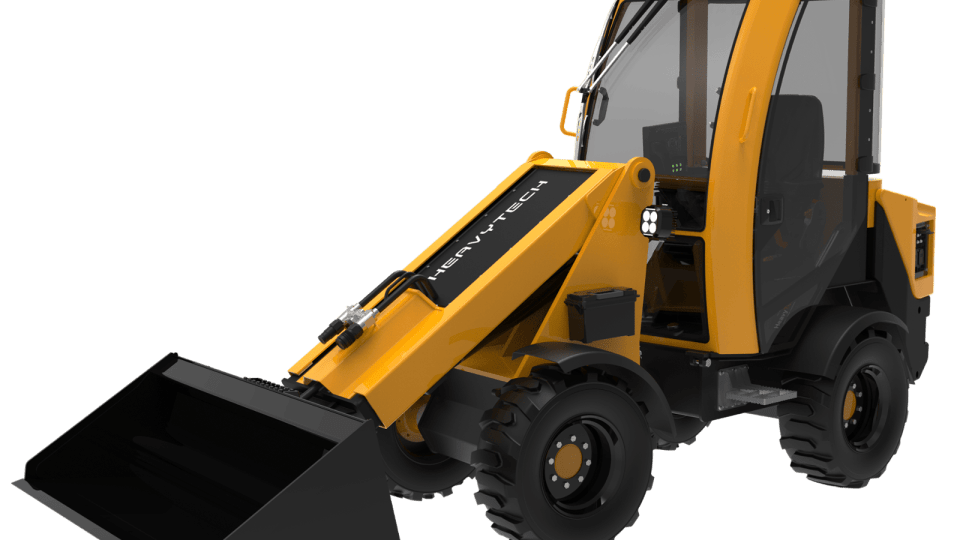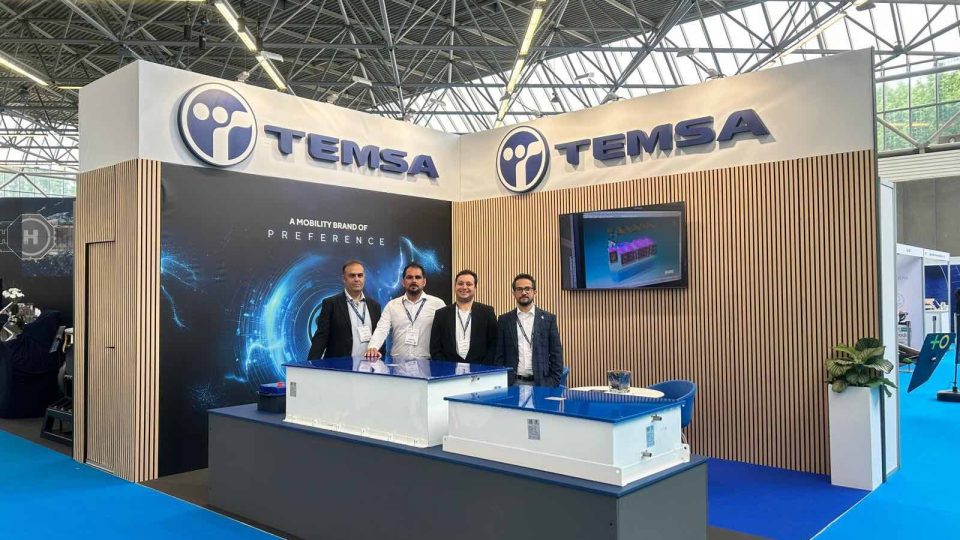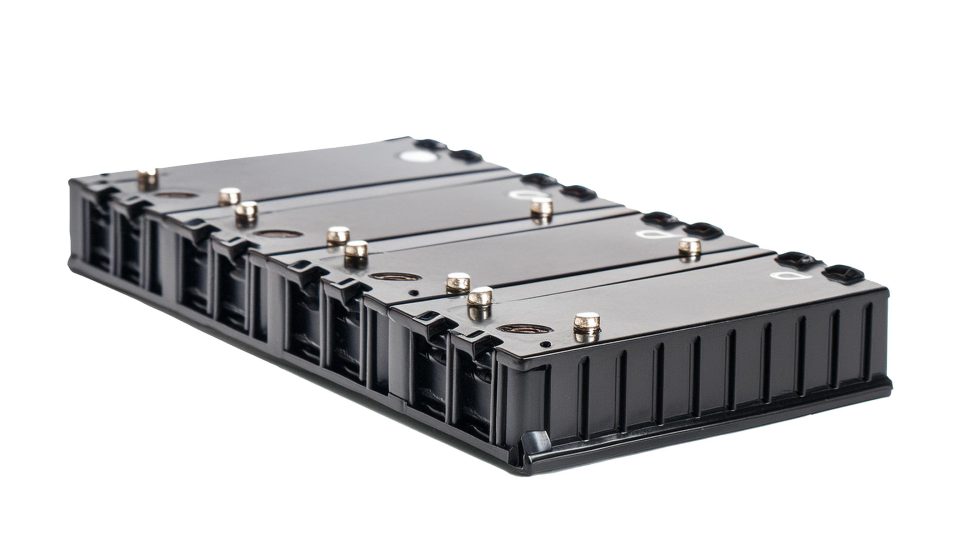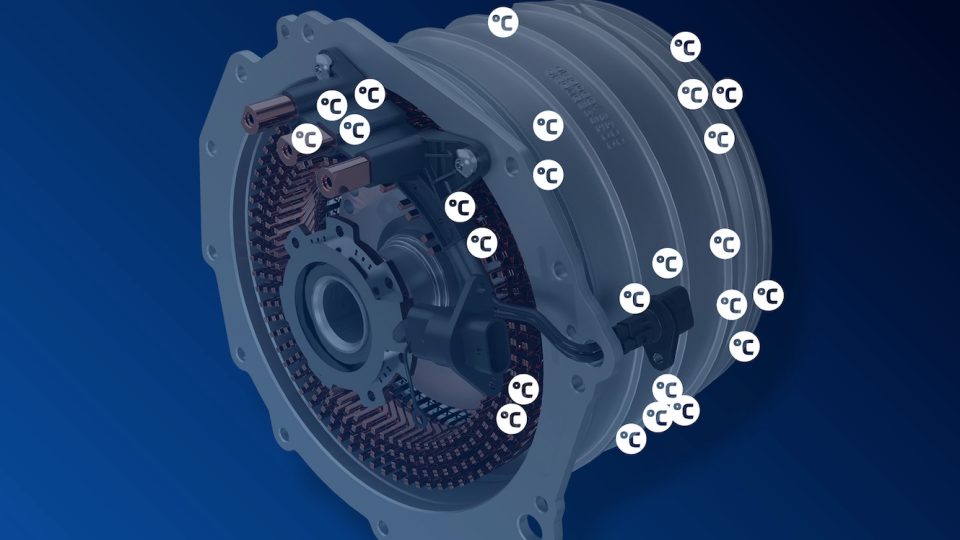Toyota and Parker work on hydrogen. And the big players keep on moving on green hydrogen
Toyota, which has developed a compact module of its hydrogen-powered fuel cell system. Parker Hannifin introduced its component for hydrogen-fueled systems. Germany and Saudi Arabia signed MoU for the development of green hydrogen.
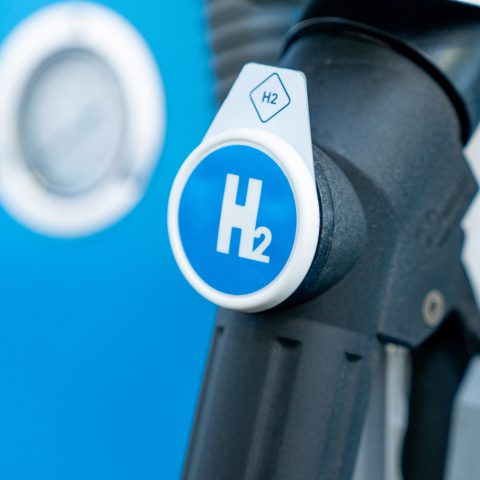
There’s plenty to say about hydrogen this week. Starting with Toyota, which has developed a compact module of its hydrogen-powered fuel cell system. According to the global manufacturer, the module «integrates the main components of the system, such as the fuel cell stack, making it easily adaptable to a range of products to promote the use of hydrogen towards carbon neutrality» and is intended «for companies that are developing and producing fuel cell products for a wide range of applications, including mobility, such as for trucks, buses, trains and ships, as well as gensets».
Toyota aims to strengthen its leadership role on hydrogen
Toyota, whose doubts about full electric are well known, continues to work on the diffusion of its hydrogen fuel cell technology (FCEV) and aims to strengthen its role as a supplier of fuel cell systems in order to promote the development of hydrogen through the increasingly widespread use of its products, with the aim of reducing CO2 emissions and therefore the impact on global warming.
Initiatives to date include the creation of a hydrogen company, the sale of the Mirai and the Sora bus, and the sale of fuel cell systems to companies, as well as allowing free use of its patents related to hydrogen-powered fuel cells.

Parker Hannifin at the Hydrogen Online Workshop
From one manufacturer to another, let’s talk this time about components. On March 25, Parker Hannifin took part in the Hydrogen Online Workshop, a digital event that allowed to take stock of technological developments related to hydrogen.
At the virtual stand Parker presented a wide and varied range of components that can be used in hydrogen-powered systems, such as hydrogen hose, valves, sealing solutions, filtration, water desalination products and EC79-approved fittings. «Parker has been involved in hydrogen applications for many years», said Robert Airey, Parker UK Applications & Product Business Development Manager, «this experience, and the company’s breadth of technological capability, makes us well-placed to support engineers working on new H2 applications and developing partnerships. We are familiar with applications from different industries, and how potential knowledge transfer opportunities can potentially help speed routes to market».
Germany and Saudi Arabia to cooperate on green hydrogen
Finally, major movements continue in the political/technological chessboard related to hydrogen. To green hydrogen, in particular. An agreement signed by two of the most relevant nations in terms of technology, namely Germany and Saudi Arabia, has recently been announced. The MoU provides for the start of collaboration aimed at the development of green hydrogen and was signed online by Saudi Arabia’s energy minister Prince Abdul Aziz bin Salman and Germany’s minister for economics and energy Peter Altmaier.
The agreement acknowledges that both countries have a shared objective to create an environment for sustainable economic and ecologic growth while working together to meet the targets of the Paris Climate Accord to reduce carbon emissions. As a matter of fact, green hydrogen has emerged as a key priority for Saudi Arabia’s energy and economic diversification objectives set out in its Vision 2030 strategy.






